Meet a member: A lifelong learner's journey to native plants
- pamelasleightholm
- Aug 22, 2021
- 3 min read
Updated: Aug 22, 2021
By Pamela Sleightholm; Photos ©2021 Peeter Poldre
What do a Maple Leafs forward and a butterfly have in common?
According to Blooming Boulevard member Peeter Poldre, getting a good photo of a hockey player in action and a butterfly require the same skills and principles.
“Trying to snap a shot of a butterfly with a telephoto lens makes hockey photography seem like a piece of cake,” he says.
And he should know – he has played the part of sports photographer, taking pictures of the Leafs and Marlies from the press box, and now spends some of his retirement time as a nature photographer for Blooming Boulevards, Neighbourhood Magazine (Up Close section) and Neighbours of… magazine (Mississauga Nature Corner).
But wait! He wasn’t a career photographer before retirement. Dr. Poldre worked as a hematologist, professor of medicine at the University of Toronto and past president of the College of Physicians and Surgeons of Ontario.
His fascination with photography started as a teen – taking travel photos and portraits of family members. “Everything changed in 2004 when I got a digital camera and started to build up a lens collection,” he says. Going digital allowed him to tinker more, make mistakes without the cost of film processing and begin to hone his craft.
A slideshow showing a collection of Peeter Poldre's bird photography
He became a bird photographer. Peeter is quick to define the difference between bird photographer and birder. Seeing or hearing a species is not enough – he needs to capture the image in order to study and catalogue it. His collection includes many species from international travels, including Thailand, India, Costa Rica and Cuba, and over 70 species from Canada alone.
“It’s surprising what you can see here,” he says, describing a recent photo he captured of an osprey catching an invasive gold carp at Rattray Marsh Conservation Area.
Two things happened in the spring of 2020 to bring Peeter to a fascination with pollinators and native plants: a new lens and a webinar.
“At the start of the pandemic and its associated boredom I bought a macro lens, which lends itself to native plants and the bugs and other critters on the plants,” he says. Macro lenses allow photographers to get very close detailed photographs of their subjects. They can capture a bumblebee’s fuzz, a crisp shadow on a petal and a speck of pollen on a wasp’s legs.
With the limits of the pandemic, Peeter used his own backyard as a photography destination, seeking out species he could capture with his new lens.

Photographer Peeter Poldre in his backyard goldenrod patch. Canada goldenrod (Solidago Canadensis) is a tall native perennial that blooms from late summer to fall. Its nectar is an important food source for bees and butterflies. Ragweed, a similar-looking plant, may cause hayfever in some people, but unfortunately, innocent goldenrod often gets the blame.
“In our own backyard we inherited a couple native plants, especially goldenrod, which is a goldmine for pictures of bees,” he says. “But I realized looking at our own garden that from a butterfly’s perspective it was very sterile.”
His natural curiosity led him to learn more about attracting different species, especially butterflies, to his garden. “I saw that a webinar about native plants was offered, and realized I didn’t know very much about them,” he says. He registered for the event, led by Blooming Boulevards’ president Jeanne McRight, and immediately volunteered his photography skills.
He made regular trips to Jack Darling Park’s wildflower meadows, learning about native plants and pollinators as he went along. He catalogued his photographs by month and season to learn about bloom times and insect activity. He’s also a regular visitor to Jeanne’s garden to take pictures. “Jeanne’s backyard is the goldmine,” he says. “She has more species of pollinators than Jack Darling!”
A selection of photos Peeter has taken since becoming a Blooming Boulevards volunteer.
Again, Peeter’s motivation is to study, catalogue and share. “I started my butterfly observations knowing two species – monarchs and cabbage whites. I now know 18 of Ontario’s 60 species, not even half! And when you’re waiting around for butterflies you inevitably find bees, beetles and other bugs too.”
Most of the spectacular photos we’ve featured on Blooming Boulevards’ website, newsletter and social media channels this year have come from Peeter. He says it’s been a great opportunity to learn more about bugs and plants and to share them with others.
This year, he and his wife, Kathy, added some asters and anise hyssop to their garden and are looking forward to seeing how they fill out and attract more pollinators.
“Anyone who stops learning is old, whether at twenty or eighty. Anyone who keeps learning stays young.”
- Henry Ford






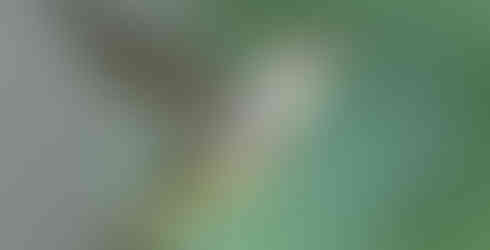









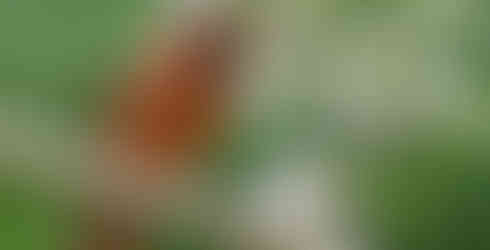








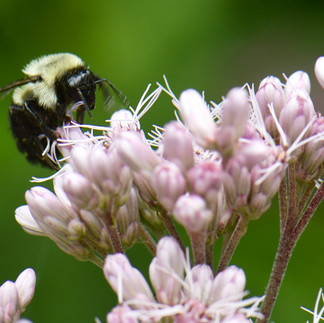












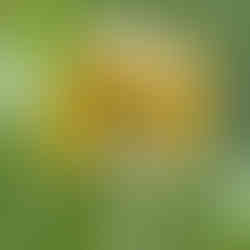

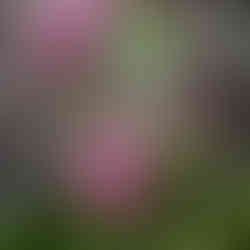






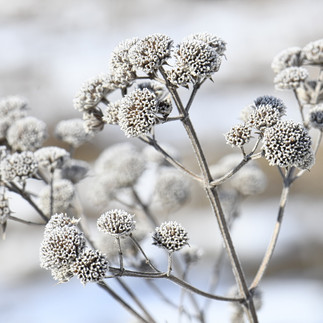






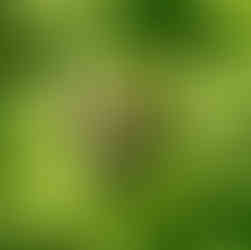

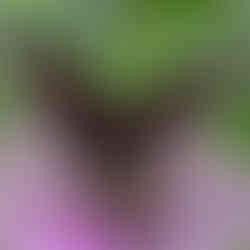




Comments